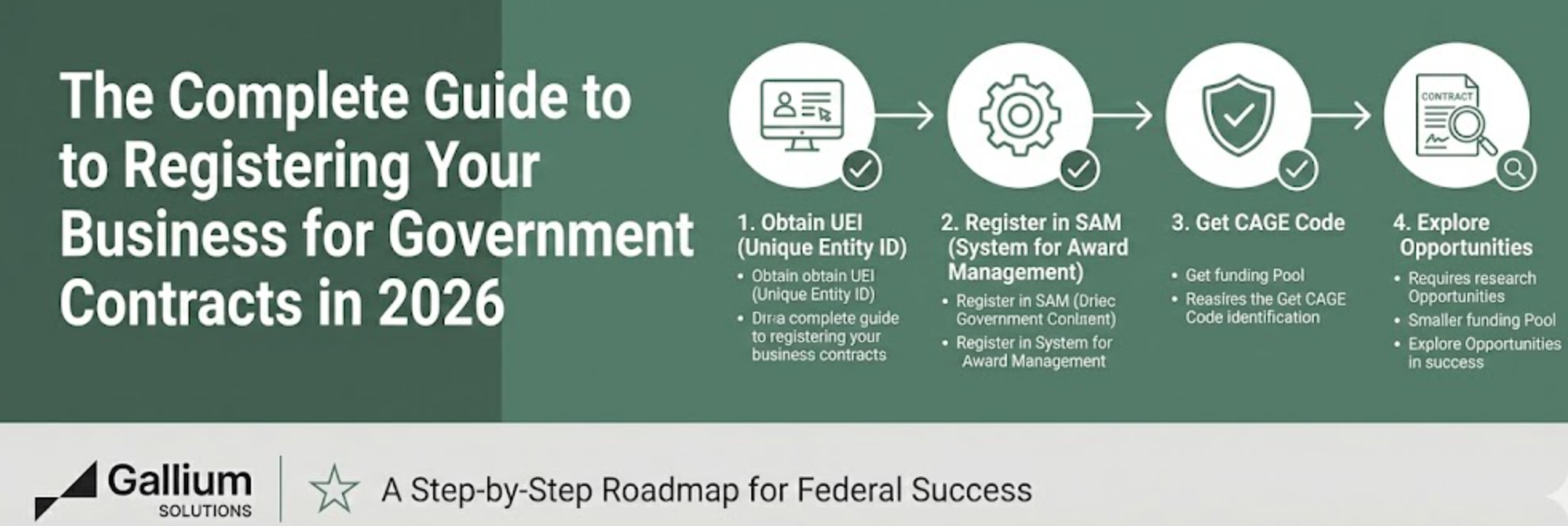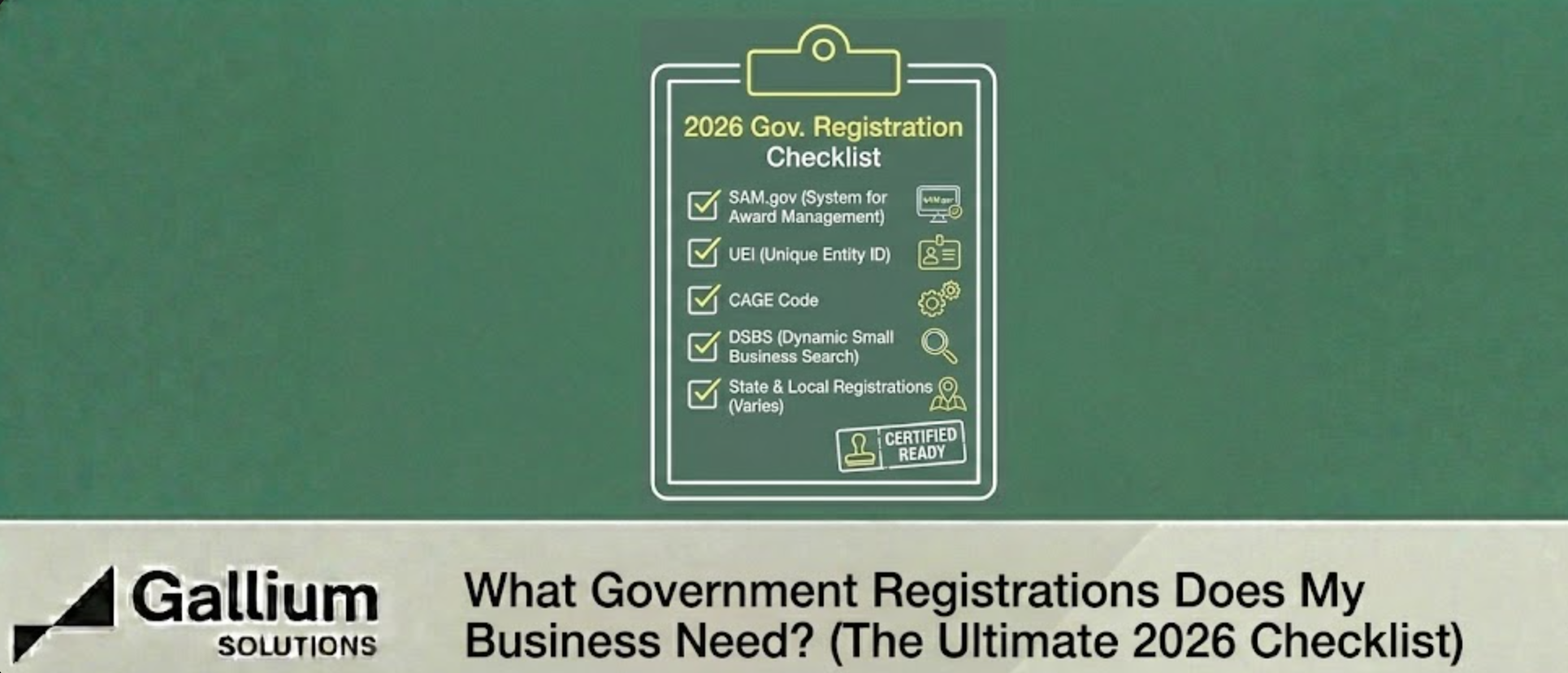Invention Reporting for Small Businesses

When starting a small business, the idea usually stems from seeing an opportunity in the market and trying to fill that need. A lot of times, that can be with a product or process that improves the way things are done. If this is the case, you might be asking yourself: Do I have an invention? Do I need to file a patent? What are the next steps? Let’s dive into how inventions and patents come into play when doing business with the Government.
First a small disclaimer: If you believe you have a viable invention or may need to file a patent, your first step should be to hire a patent attorney. This blog is informational only, and a patent attorney can guide you through the cumbersome legal process of patenting an invention.
What is an invention? The US government defines an invention as “a new and useful process, machine, manufacture, or composition of matter, or any new and useful improvement thereof.” By that definition, inventions are patentable, with some nuance. For instance, data is generally not patentable. However, algorithms might be. Math itself is also not patentable, but the way an equation is solved might be. If you are unclear about your work, ask your patent attorney!
What is a patent? Technically, it is the grant of a property right issued by the US Government. This right excludes others from making, selling, using, or importing the invention without the patent owner’s permission. Patents are granted for 20 years and the policy behind patenting is this: patents grant the inventor a short-term monopoly in exchange for sharing details of their invention that can later be made public domain. Patents are great for inventors in the short term, and even better for the public once the patented information is sharable.
When dealing with inventions made using federal funds there are some important things to remember. In 1980, the Bayh-Dohl Act was passed. Prior to Bayh-Dole, any invention created using Government money was then owned by the Government. When this was the case, the commercialization of these inventions was not happening the way the Government wanted.
Through the creation of Bayh-Dole, a contractor can own the invention created with federal funds in exchange for the Government having the rights to use said invention solely for Government purposes.
The most important thing to remember when inventing and patenting with Government funds (and really anytime you are doing business with the Government) is to report everything! Make sure you are disclosing inventions and patent filings, and ensure you have a clear paper trail with accurate dates. You will want to produce any information the Government is requesting. Again, a patent attorney can help with this process.
There are countless nuances when inventing and patenting, particularly when using Government funds, but here are the big take aways:
1. Hire a patent attorney if you think you need one.
2. The public should receive the benefit of any invention made with federal funding by promoting commercialization and public availability.
3. Subject inventions (inventions made with federal funds during a contracting period) may be owned by the contractor subject to a license to the Government.
4. If the contractor doesn’t want to file the patent application, then the Government can.
5. Make sure you are reporting everything and be truthful.
If you’re a small business interested in learning more about inventing with Government funds, we’d love to start a conversation with you. Contact Gallium Solutions today to learn more about how we can help.












